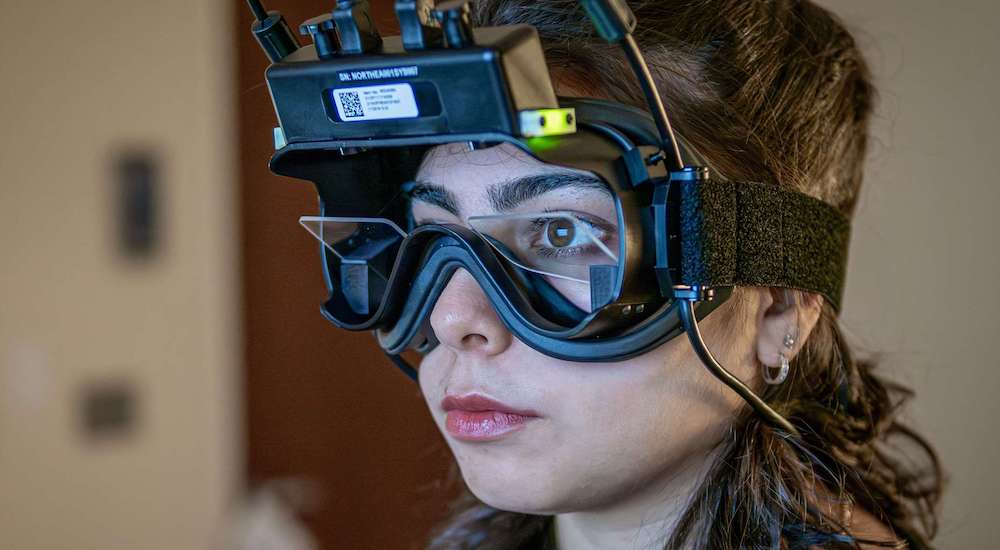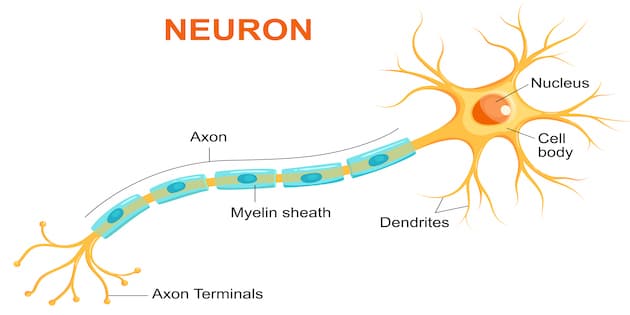Clinical trial: effectiveness of earplugs in reducing temporary hearing loss
Prevention
Researchers from the University Medical Center Utrecht, Netherlands, recently published the results of their study showing that earplug use in a loud music exposure environment significantly reduces temporary hearing loss and tinnitus.

Geerte Ramakers and her colleagues designed a randomized, single-blind clinical trial involving 51 normal-hearing adult volunteers who were recruited via social media and who were planning to attend an outdoor music festival in Amsterdam. 25 study participants were randomized to the earplug group and the other 26 to the unprotected group.
The research team looked at temporary threshold shift (TTS) as a primary outcome, and distortion product otoacoustic emission (DPOAE) measurements and reported tinnitus as secondary outcomes. Results showed that TTS after exposure was observed in 4 of 50 ears (8%) in the earplug group versus 22 of 52 ears (42%) in the unprotected group. DPOAE amplitudes decreased more in the unprotected group and newly induced tinnitus was reported in 3 of 25 participants (12%) in the earplug group versus 10 of 25 (40%) in the unprotected group.
It is of course difficult to establish correlations between temporary hearing loss on acute exposure to noise and permanent hearing loss that develops over time. But it is well-known that repeated exposure may gradually cause mild damage that proves to be clinically significant in the long term. The authors conclude that their “randomized clinical trial adds proof to the scarce evidence and knowledge on this topic, which is a growing global problem.”
Source: Ramakers GG, et al. Effectiveness of Earplugs in Preventing Recreational Noise-Induced Hearing Loss: A Randomized Clinical Trial. JAMA Otolaryngology Head & Neck Surgery. 2016 Apr 7.



